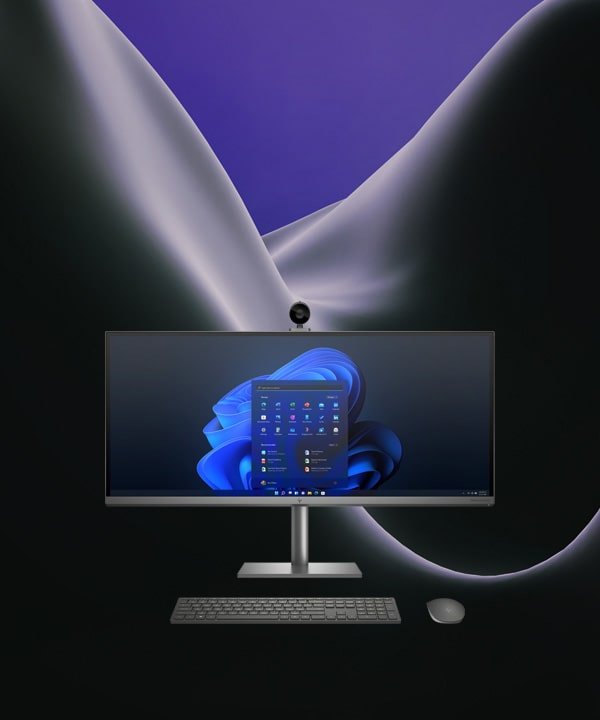Computers have come a long way since their inception. From the early days of mechanical calculators to the powerful machines we have today, the evolution of computers has been nothing short of remarkable.
The Early Days
In the early 19th century, mathematicians and inventors began developing mechanical devices to perform calculations. These early machines, such as the Difference Engine and the Analytical Engine, laid the foundation for what would eventually become the modern computer.
However, it wasn’t until the mid-20th century that computers as we know them today started to take shape. The invention of the transistor in the 1940s revolutionized the field of electronics and paved the way for the development of smaller, faster, and more powerful computers.
The Rise of Personal Computers
In the 1970s and 1980s, personal computers started to become more accessible to the general public. Companies like Apple and IBM introduced affordable and user-friendly machines that could be used for a variety of tasks, from word processing to gaming.
These early personal computers were a far cry from the sleek and powerful devices we have today. They had limited processing power and storage capacity, and their user interfaces were often clunky and difficult to navigate. However, they laid the groundwork for the widespread adoption of computers in homes and offices around the world.
The Internet Age
The advent of the internet in the 1990s brought about another major shift in the world of computers. Suddenly, people could connect with each other and access vast amounts of information with just a few clicks of a mouse.
The internet also gave rise to new industries and opportunities. E-commerce became a booming business, and companies like Amazon and eBay emerged as giants in the online marketplace. Social media platforms like Facebook and Twitter transformed the way we communicate and share information.
The Age of Mobile Computing
In recent years, mobile computing has become increasingly prevalent. Smartphones and tablets have become an integral part of our daily lives, allowing us to stay connected and access information on the go.
These devices are more than just phones or portable computers. They are powerful tools that can perform a wide range of tasks, from taking photos and videos to playing games and browsing the internet.
The Future of Computers
As technology continues to advance, the future of computers looks promising. Artificial intelligence, virtual reality, and quantum computing are just a few of the exciting developments on the horizon.
These advancements have the potential to revolutionize industries, improve efficiency, and enhance our daily lives. From self-driving cars to personalized medicine, the possibilities are endless.
In conclusion, the evolution of computers has been a fascinating journey. From the early mechanical calculators to the powerful machines we have today, computers have become an integral part of our lives. As technology continues to advance, we can only imagine what the future holds for this incredible invention.
